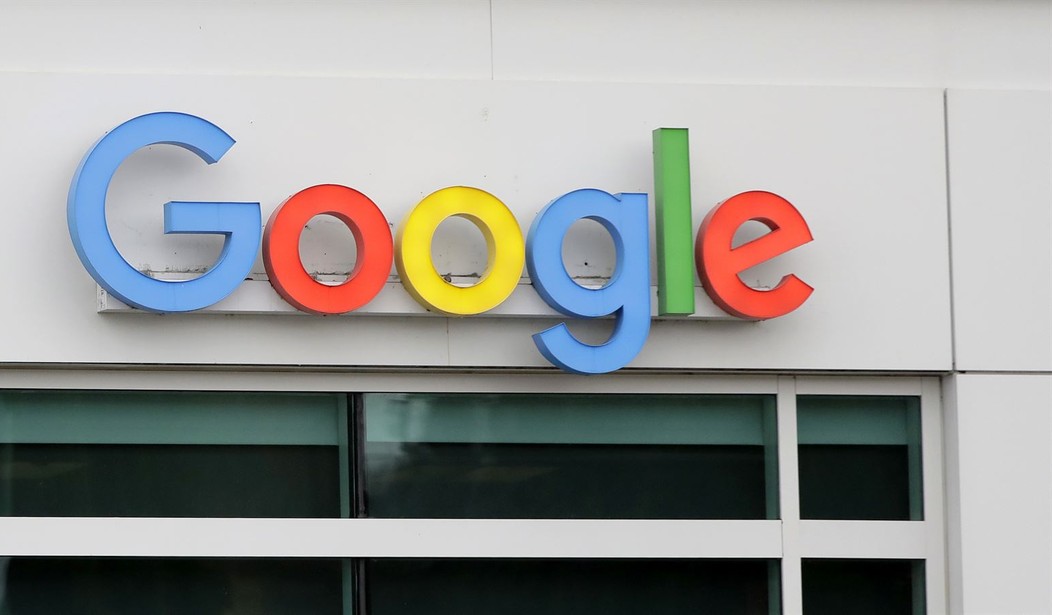With the current coronavirus crisis creating a boom for video meetings, competition for secure platforms has become fierce. The recent controversies surrounding early frontrunner Zoom allowed Google to pounce at the opportunity, making rival Google Meet free to the general public.
Google has begun positioning itself as the pro-privacy option because of supposed protections it has in place, even as many in the public remain skeptical. No protections in the world, however, will change that Google is a corporation whose whole business model revolves around tracking, mining, and selling personal user data, along with the history of privacy violations that has accompanied it.
Google is first and foremost an advertising company. A massive 32 of its 39 billion dollars in revenue comes from advertising. The main source of revenue for Google is Ad and AdSense, which are from advertisers using user data to target consumers. The data must come from somewhere, and that’s what gets privacy advocates so upset. Google relies on user data for its existence, and Google Meet isn’t the only coronavirus-related push it’s making that could cost users their privacy rights.
Google also announced a partnership to develop a Bluetooth-based user tracker to help stop the spread of coronavirus, but that too has been met with resistance. Many in the privacy world see numerous opportunities for hackers and advertisers to profit off the user information, which has led many in the public to flat out reject the idea of using the system.
Right before the pandemic hit, Google also announced an end to third-party cookies, the data-files that companies use to track user information to help them target advertising, so Google can purportedly “protect” its users’ privacy. In reality, however, the move is simply a way to eliminate competition without actually making data safer. All Google is doing is stopping outside companies from participating in the data collection. This will in no way end the collection of the data as Google will simply fill in the void with their own cookies.
Recommended
In short, Google is eliminating third-party cookies with the same line of reasoning it’s using for its other pushes -- that Google is best at protecting your data. There’s a lot of evidence that this is wrong.
If you look at its recent Chrome launch, Google immediately had to issue a warning to its 2 billion users that there were already security concerns with the update. Past breaches to their systems have cost them millions, which is why they’ve turned to covering them up whenever possible.
Google continues to advocate itself as the best safeguard for user data, but many of the actions it’s taking seem to exist solely to grow its advertising monopoly. Their business practices have become so corrosive to the marketplace that all 50 state attorneys general launched a combined investigation into Google’s monopolistic behavior, focusing on its ad business in particular. It’s of little surprise, then, that recent launches, like the coronavirus tracker, have been met with condemnation from Members of Congress.
The general public doesn't trust Google with our data, as evidenced by the fewer than half of those polled willing to use Google and Apple’s contact-tracing app — primary because we don’t trust the companies to keep their healthcare data private.
Congress and the Department of Justice need to step up -- and reboot Big Tech. We need to end Big Tech’s sweetheart federal deals, like Uncle Sam’s continued coddling of 24 years of Section 230 immunity. We also don’t believe in amnesty, so we need to enforce the laws already on the books -- like our antitrust laws. And we need to start treating our personal data as our personal property -- and protect our personal privacy.
Mike Davis is the president of the Internet Accountability Project. He is a former top counsel in the U.S. Senate and law clerk at the Supreme Court.
























Join the conversation as a VIP Member